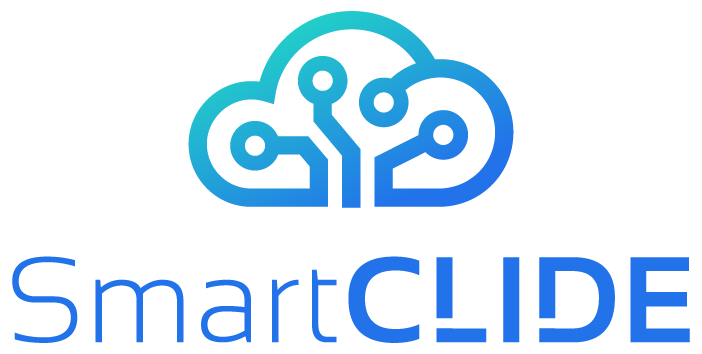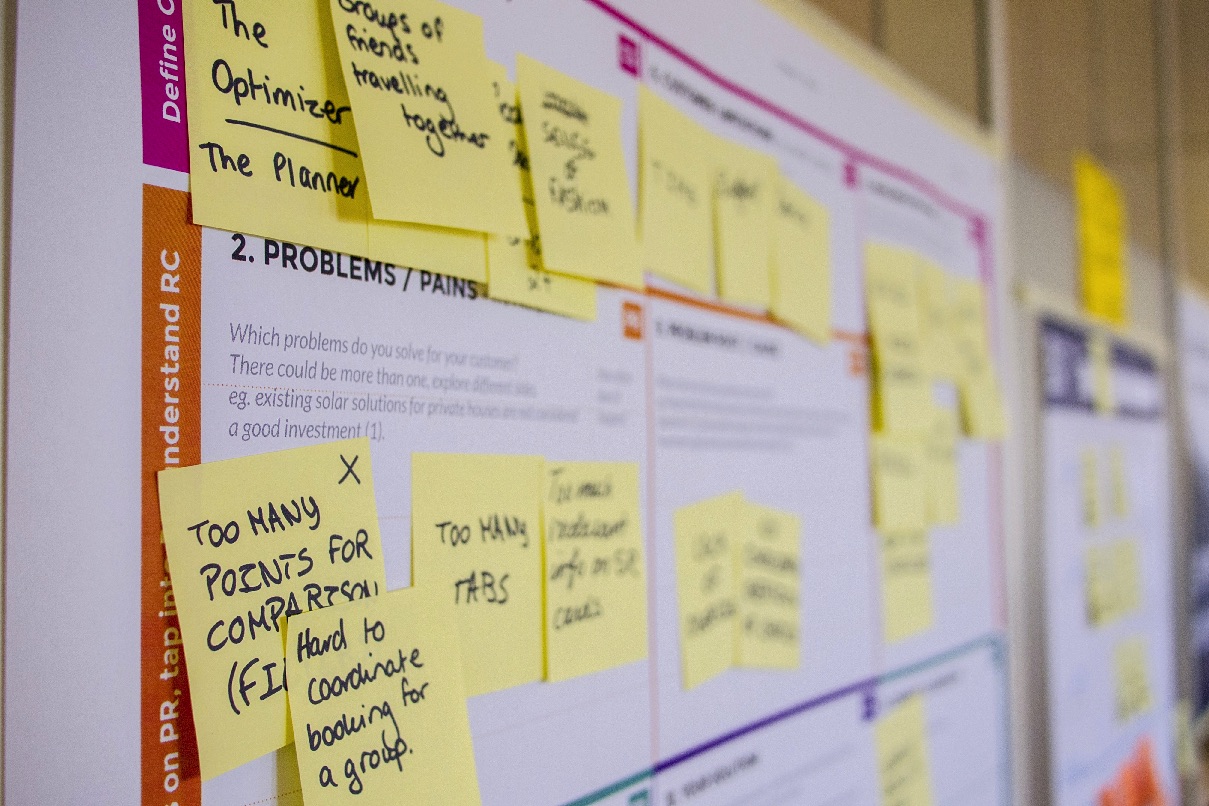We are immersed in the times of an era, with technology and the new information age as the trigger of change. We’re currently also facing one of the greatest social, economic and geopolitical challenges in human history due to COVID-19. This factor will influence an even greater acceleration than expected towards a digital transformation of society. A new world sculpted by social estrangement awaits us, which translates into a new way of relating to economic markets and consumers?.
For all these reasons, society must be prepared for changes influenced by the fact that the global population will work and live in a world of continuously changing business models. Changes in the market, society, and customer demands require agility that allows users to build, measure, and learn quickly, thus reducing the degree of uncertainty revolving around the continuous launch of new ideas on the market.
Certainly, we live with this uncertainty caused by different factors, among them the great technological advances which promote business models that are capable of disrupting different economic sectors at the same time. This is something that we will see more and more and that causes shortening in the life of organizations.
A study by Richard Foster, estimates that the average life of a company in the twenties within the SP&500 was about 65 years. In our days, it has decreased to 15 years and the trend is that the average lifespan of a company will decrease even more in the immediate future.
Agile Culture
Therefore, current organizations must adopt a culture that helps them develop products or services that really solve a problem and provide enough benefit to the user to pay for that solution.
Part of this necessary mindset is given by embracing the startup as an atomic unit of work within organizations, as a path towards continuous transformation and innovation. This unit should have the flexibility to experiment and make decisions in order to be more agile in environments that experience high levels of uncertainty.
Innovation methodologies such as the Lean Startup enable product development strategies to be carried out in an “user-centric” manner, thus creating and delivering value for customers in short cycles with small increases in functionalities made according to the feedback received from it. The objective is for the user to start using the product as soon as possible, managing to contribute with value to it from very early stages.

Lean Startup principles contemplate the great aspects of product construction that are Business Model Design, Client Development and Agile Product Development. All of them work together to achieve the objective we mentioned in the paragraphs above under the premise of continuously testing the product with the customer.
The Agile Frames as part of the Lean Startup methodology manage to carry out management processes in teams and materialize the product while the Customer Development part receives feedback and in turn reaches the stages of the Problem – Solution Fit and Product – Market Fit.
DevOps as part of the process
DevOps (Development + Operations) implies a philosophy and way of thinking that arises from the necessity of alignment and collaboration between the IT Development and IT Operations teams with the customer needs addressed across the overall customer lifecycle. In an agile, “customer-centric” world, companies must work in cross-functional teams from the business department to the IT departments, avoiding silos and possible gaps that make it difficult to deliver value to the customer. According to DASA (DevOps Agile Skills Association) “DevOps has a simple but important goal in mind to make IT easier, faster and cheaper, to provide more value to the company/consumer/user”.
DevOps principles emerged during the 2008 Agile conference in Toronto, Canada. Andrew Shafer (partner at Reductive Labs) proposed a discussion topic for a session called “Agile Infrastructure”. In 2009, the first DevOps Day conference was held in Ghent, Belgium, presented by Patrick Dubois, a Belgian consultant and project manager heavily involved in agile methodology processes.
DASA mentions 6 fundamental principles to adopt from a DevOps perspective:
- Customer-centred Action
DevOps has a user-centric mindset, where you receive feedback from the customer in short cycles with the goal of iterating on and pivoting to product strategy. - Create with the end in mind
DASA highlights the need for companies to focus on building products, meeting customer needs, and avoiding silos and cascading processes. Team members need to have a vision from start to finish. - End-to-end liability
DevOps teams are organized vertically to support the product from its beginnings to the end of the product’s lifecycle with which it is possible to improve quality and implement agile changes. - Multifunctional autonomous teams
Multifunctional and autonomous teams are one of the characteristics that make an agile company when facing market changes and exploring new opportunities. It requires people and teams with a set of balanced skills, in which the business, UX, UI, and product owners, as well as IT acknowledge their limitations. - Continuous improvement
Within agile methodological frameworks, continuous improvement is important to minimize waste, optimize speed, costs and improve the delivery of value to the user, as well as the operation of the teams and the relationships between the members. - Automate everything you can
Tasks that can be automated allow the elimination of unnecessary tasks, not only at the software level but also at the infrastructure level through cloud platforms that allow the distribution of services in containers.
Product Oriented
Software Development and Operations are part of a group oriented towards product development transparency and teamwork are essential, and Business and IT are not separate.
This represents a revolution in the world of software development in terms of code reuse and encapsulation, which has also favoured possible modifications to the code in a simpler and faster way.
Likewise, the world of architecture has evolved towards cloud services, IaaS, PaaS and SaaS, reaching a level of abstraction, modularity and automation which facilitates the deployment of solutions and continuous delivery, in which teams produce software in short cycles.
The DevOps philosophy works under the Lean Startup mindset where error and continuous experimentation are part of the BUILD – MEASURE – LEARN process as quickly as possible for our client.
The future of organizations depends on the speed that we learn from the user’s needs and that the acquired knowledge is incorporated into business models.
SmartCLIDE favours an Agile culture
SmartCLIDE is the tool that accompanies and facilitates the adoption of agile methodology frameworks by individuals and companies aiming this way at being part of the entire agile ecosystem.
During the development stage, SmartCLIDE will provide abstractions on data processing. In the test phase, it deploys mechanisms to visualize the flow and automatically test the expected behavior of the product. During the deployment stage, it provides an abstraction of resources – whether physical or virtual services – in the cloud.
In the next stage, the “BUILD” phase is greatly shortened, which, in turn, facilitates the fulfilment of various points of the Lean Startup manifesto:
- “There is no data in your office, get out of the building.”
Faced with further successive increases in product development in short periods of time, we will be able to have more contact with the customer (“customer-centric”) and learn from her/him faster. - “Customer Development with Agile Development Work together “
Given the nature of SmartCLIDE, it facilitates the integration to reach the market in record time. - “Failure is part of the search process for the business model”
Failure is part of the learning process. This is a critical point in the Lean Startup philosophy. SmartCLIDE favours the construction development and implementation on the market of new versions of the product so that the user can use it in less time and receive feedback from it. With which, it allows you to fail and learn faster.
In addition to this, the nature of the cloud environment enables teams and stakeholders to collaborate in the process, while promoting transparency and a change of the mindset towards Digital Transformation.
In short, SmartCLIDE represents the tool that constitutes the fundamental piece so that agile environments are more effective and integrated with business and subsistence needs of the organization or project.
References
- https://www.devopsagileskills.org/dasa-devops-principles/
- https://www.devopsagileskills.org/dasa-competence-model/
- https://itrevolution.com/the-three-ways-principles-underpinning-devops/
Photo by Daria Nepriakhina on Unsplash








No responses yet